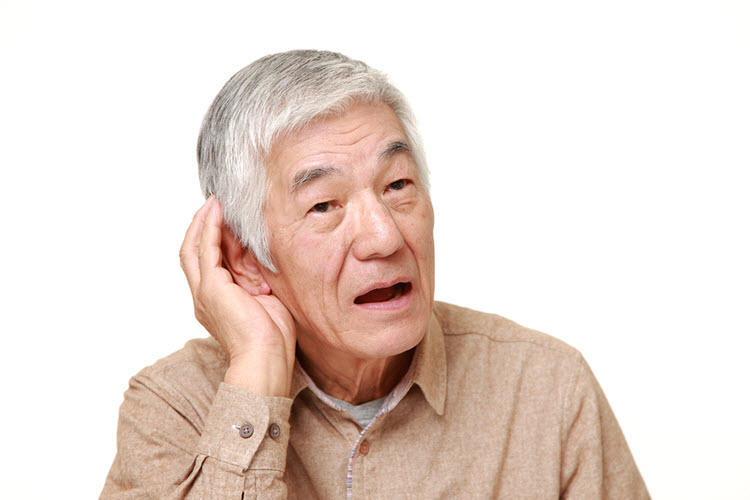
When was the last time you had your blood pressure checked?
It was probably within the past year and most likely you can remember if it was high or within the normal range.
But when was the last time you had your hearing checked?
Typically, hearing loss starts around age 30 and increases progressively over the years. Since it often occurs gradually, it can be difficult to recognize when you have hearing loss. The only way to know for sure is to get a hearing assessment.
Hearing loss is the fourth leading cause of disability in the U.S. and the third most prevalent chronic health condition facing seniors. Nearly half of people age 75 and older and approximately one-third of people ages 65 to 74 have hearing loss. In the next forty years, as the population ages, hearing loss is expected to nearly double.
Connecting High Blood Pressure, Hearing Loss
Recent research is now linking high blood pressure to hearing loss. Some researchers have even called the ear “a window to the heart.” David R. Friedland, M.D. found that audiogram patterns (or hearing assessment results) strongly correlate with arterial disease, even acting as a heart-health test for those at risk. This means that doctors might be able to use those patterns as screening criteria to assess your risk for a cardiovascular event like a heart attack.
Blood pressure numbers of less than 120/80 mm Hg are considered within the normal range, according to the American Heart Association. But when high blood pressure (130/80 mm Hg) is left untreated it can directly affect your hearing by serving as an accelerating factor in the degeneration of the auditory system as you age. When you have high blood pressure, blood vessels all over the body, including the ears are injured because blood flow to the body is impaired. According to the Center for Disease Control and Prevention, 75 million people in the United States have hypertension.
When blood vessels in your ears are damaged, fatty plaque builds up and can affect your hearing. The inner ear, which is very sensitive to blood flow, is one of the key areas responsible for hearing. Within the inner ear there are critical hair cells; the hair cells have vital structures that detect and respond to sound, transmitting nerve signals to the brain. In addition to high blood pressure, certain medications, excessive exposure to loud noises, aging or an infection can damage the hair cells.
If you suffer from high blood pressure for a long period of time, it can permanently damage the hearing organs. Not only is high blood pressure a cause for concern, any sudden change in your hearing is a significant warning sign and should not be ignored. A study published by the American Heart Association, found that sudden sensorineural hearing loss can be an early warning sign of an impending stroke.
Attention Baby Boomers: Control Blood Pressure, Prevent Hearing Loss
Since high blood pressure can accelerate hearing loss, getting your hearing checked can be a lifesaver—literally. The good news is that researchers found that controlling blood pressure can prevent further hearing loss. Although medication can be used to regulate blood pressure, simple dietary and lifestyle changes can also work wonders:
- Maintain a healthy weight.
- Exercise for 30 minutes a day, five times a week.
- Eat a diet rich in whole grains, fruits, vegetables and low-fat dairy products.
- Reduce sodium intake.
- Limit alcohol consumption.
 Related Articles & Free Subscription
Related Articles & Free Subscription
How to Choose and Use a Home Blood Pressure Monitor
How to Slow Down Cognitive Aging







Comment here